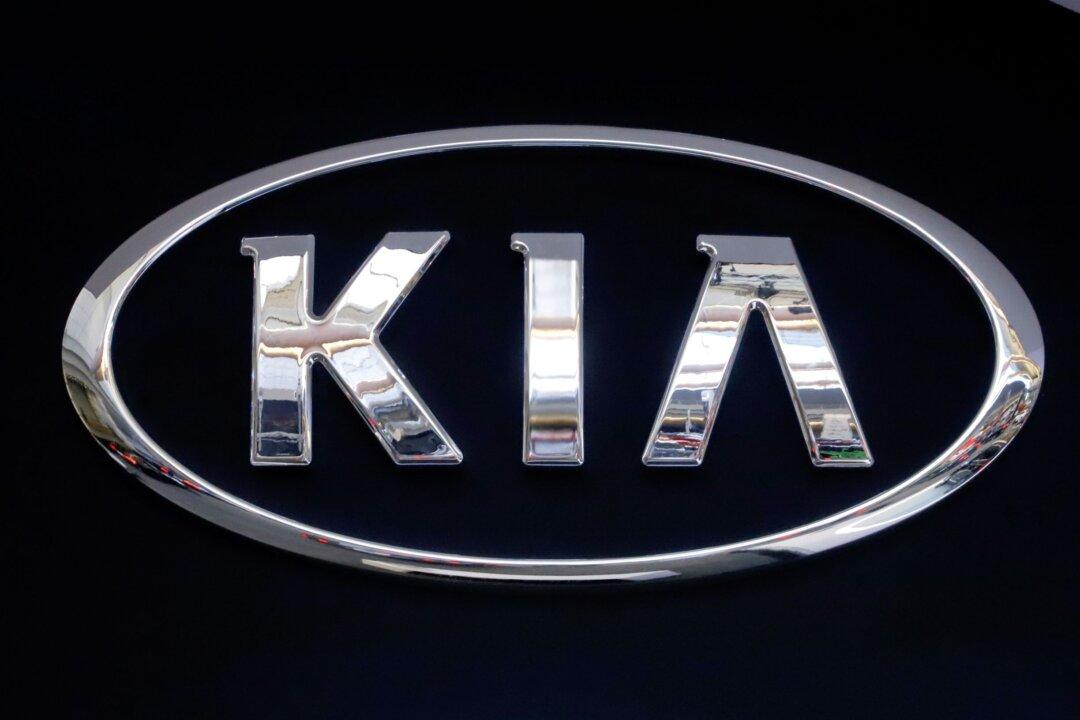DETROIT—The U.S. government’s road safety agency has paid more than $24 million to a whistleblower who reported that Hyundai and Kia moved too slowly to recall over 1 million vehicles with engines that could freeze up or catch fire.
The National Highway Traffic Safety Administration says the award is the first it has paid to a whistleblower. It’s also the maximum percentage allowed by law of penalties paid by the Korean automakers.





